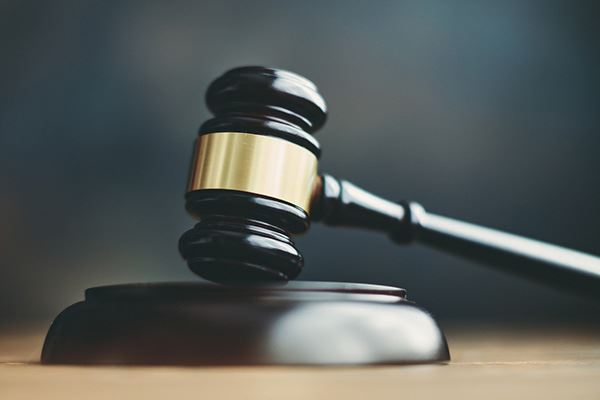
-
Your Rights MatterAttorney Hallack understands that clients need a combination of aggressive yet compassionate counsel at this time.
-
Genuine. Diligent. Ethical.Don't choose a Chicago defense lawyer who is in it for the money. I genuinely want to help you straighten out your life!
-
Free Case ConsultationWhen the stakes are high, you will need a defense strategy that can aggressively and effectively combat any allegations!
Can You Face Federal Charges for Unlawful Possession of a Firearm in Illinois?
Under federal law, Americans have the right to own firearms. Each state in the nation has its own laws as to how residents can legally secure a firearm. When a person unlawfully possesses a firearm, that person can face penalties for that crime. In some situations, unlawful possession of a firearm may lead to more severe penalties as defined under federal law. The Northern District of Illinois has had to deal with a tremendous amount of gun violence. As a result, individuals who are arrested for unlawful use of a firearm are being more frequently charged at the federal level.
What is the Federal Definition of a Firearm?
The federal government defines a firearm under 18 U.S. Code Section 921 as:
- Any weapon that uses an explosive action to shoot a projectile
- Frames or receivers that are meant to shoot a projectile
- Mufflers and silencers mean to reduce or eliminate the sound a firearm makes
- Any device whose purpose is to explode
While all of these descriptors certainly are true for all guns and bombs, very old guns made before 1898 are excluded under the law. Federal law dictates who cannot possess a firearm, under 18 U.S. Code Section 922 as the following:
- Criminals who have been convicted of crimes
- Fugitives
- Those who use illegal drugs
- People suffering from a mental disability
- Services members that were dishonorably discharged
- Illegal aliens who do not have visas
- Any person who rejects their U.S. citizenship
- People that have been proved to engage in domestic violence, assault, or stalking
The law specifies penalties that include expensive fines and many years in prison for any individual on the list who are not able to possess a firearm but does so through sales that involve other states or from a foreign source. Additionally, federal laws would apply for knowingly being in possession of a stolen gun that was acquired from a foreign source or in connection with interstate trade. Americans may not try to obtain firearms or ammunition that they know are stolen. What all of this means is that even if you have a firearm in one state and you do not physically travel to another state, you are still in violation of federal laws. The interstate commerce clause makes your case a federal one if there is any part of your weapon that was sourced out of state.
Call a Chicago Criminal Defense Attorney Today
The laws related to gun possession can be challenging to understand. Because the details of possession of a gun vary so widely, there are times when you may be subject to penalties by the state or the federal government. Thomas C. Hallock is up to date on all of the changing gun laws at the federal and Illinois state level. If you have been arrested for unlawful possession of a firearm, do not wait to call Thomas C. Hallock. When you need the best Illinois criminal defense representation possible, call Thomas C. Hallock at (312) 487-2441 for local residents or toll-free at (888) 412-3741 to schedule your free consultation.


Helpful Tips From Me To You
How To Properly Exercise Your Constitutional Rights
-
What You Should Do
- Be respectful.
- Calmly record the interaction.
- Ask if you are free to leave. If you do not ask, the officer may think - and the judge may agree - that the interaction is consensual.
- If you are free to leave, go! If you are not free to leave, do not answer any questions before speaking with your attorney.
-
What You Should Not Do
- Do not physically resist arrest.
- Do not become aggressive or confrontational.
- Do not consent to a search. The Constitution does not apply if you consent.
- Do not answer questions without first speaking with your attorney. Police are allowed to hold you for 48 hours and they may lie to you the entire time.



